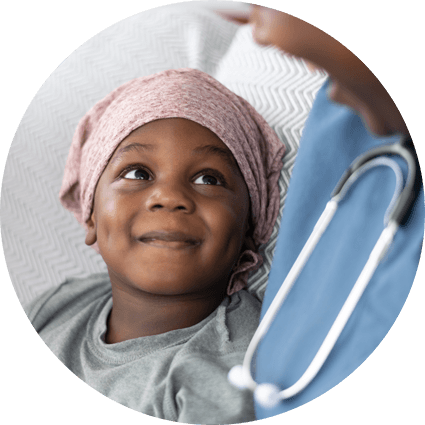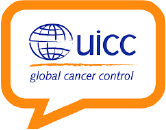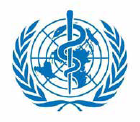Childhood cancer
Considered a global public health issue, cancer requires costly and long-term treatments. Early and accurate diagnosis and quick access to quality treatment increase the chances of cure and bring hope to thousands of families.
When it comes to childhood cancer (0 to 19 years of age), the challenge is even more complex: there is no evidence of effective preventive measures, the signs and symptoms are very similar to those of other childhood diseases, the cases are rarer and generally more aggressive. However, the chances of cure are high: with early diagnosis and quick access to quality treatment, this rate can reach up to 80% in developed countries.




 50 nursing and medical students
50 nursing and medical students  Cases monitored and results released in
Cases monitored and results released in  Meetings with specialized hospitals and the SES-RJ Superintendence of Health Regulation to define the
Meetings with specialized hospitals and the SES-RJ Superintendence of Health Regulation to define the 



 Reducing the
Reducing the 
 Expansion of the
Expansion of the  Infrastructure improvement and humanization of the Radiology Service at Hospital Jesus
Infrastructure improvement and humanization of the Radiology Service at Hospital Jesus
 Donation of equipment for the
Donation of equipment for the  Class on Palliative Care and Civil Society at the DHIS/ ENSP Specialization
Class on Palliative Care and Civil Society at the DHIS/ ENSP Specialization  Preparation of the
Preparation of the 
 Publishing the 6th edition of the Panorama of Pediatric Oncology
Publishing the 6th edition of the Panorama of Pediatric Oncology
 Support for pilot research on the consensus implementation in 5 Brazilian capitals, which is still in progress, and being coordinated by Dr. Beatriz de Camargo (INCA)
Support for pilot research on the consensus implementation in 5 Brazilian capitals, which is still in progress, and being coordinated by Dr. Beatriz de Camargo (INCA)







